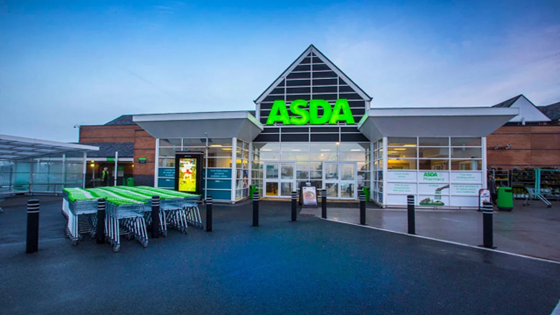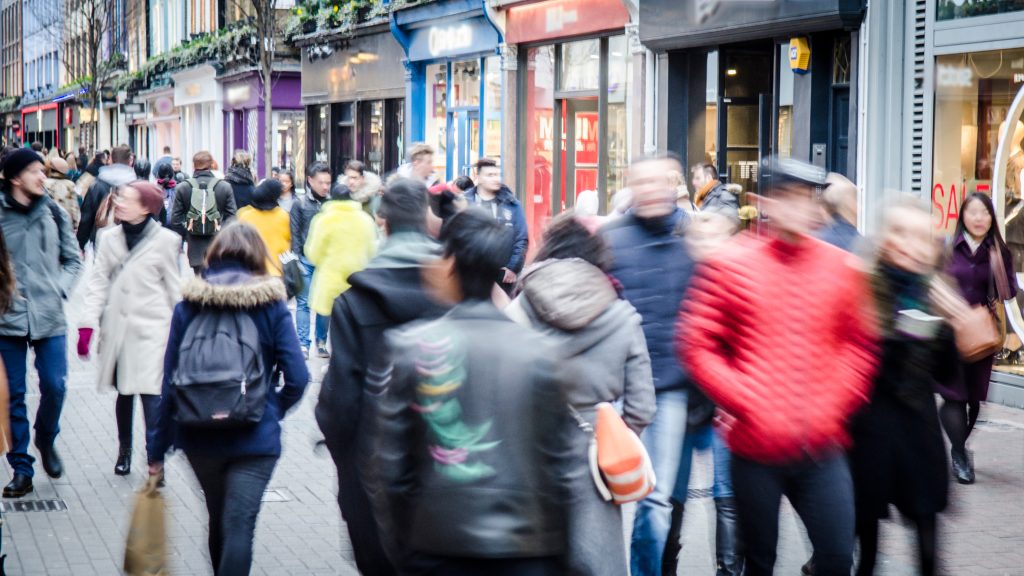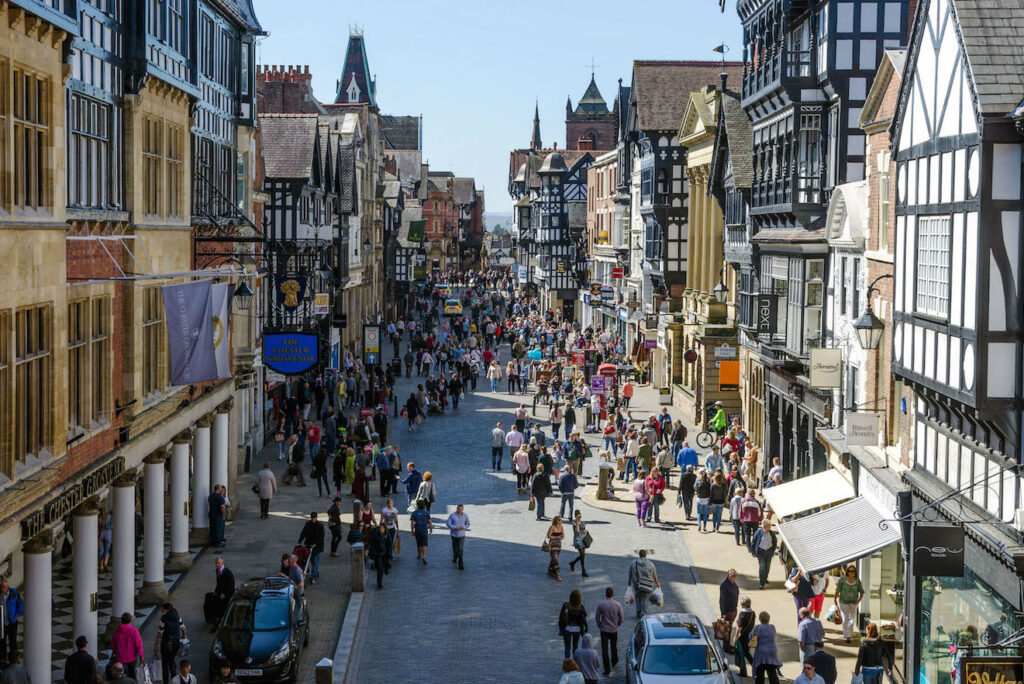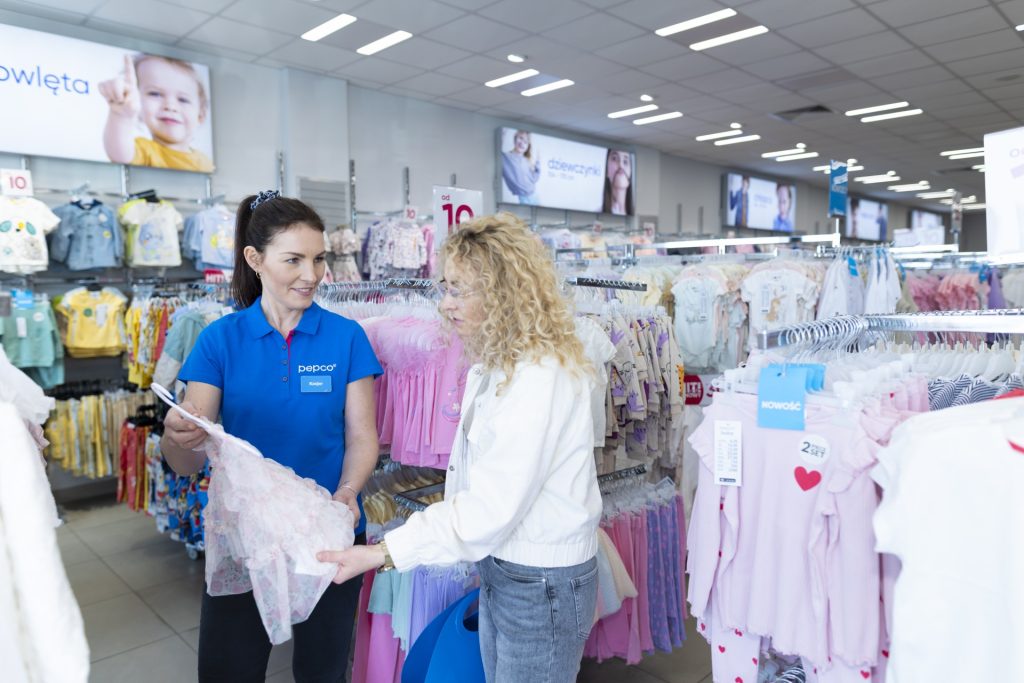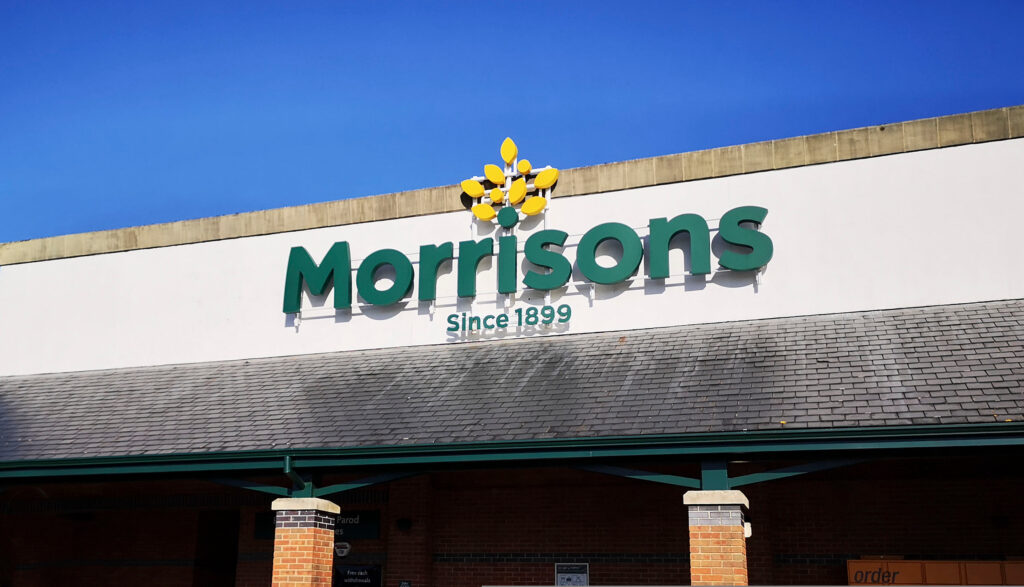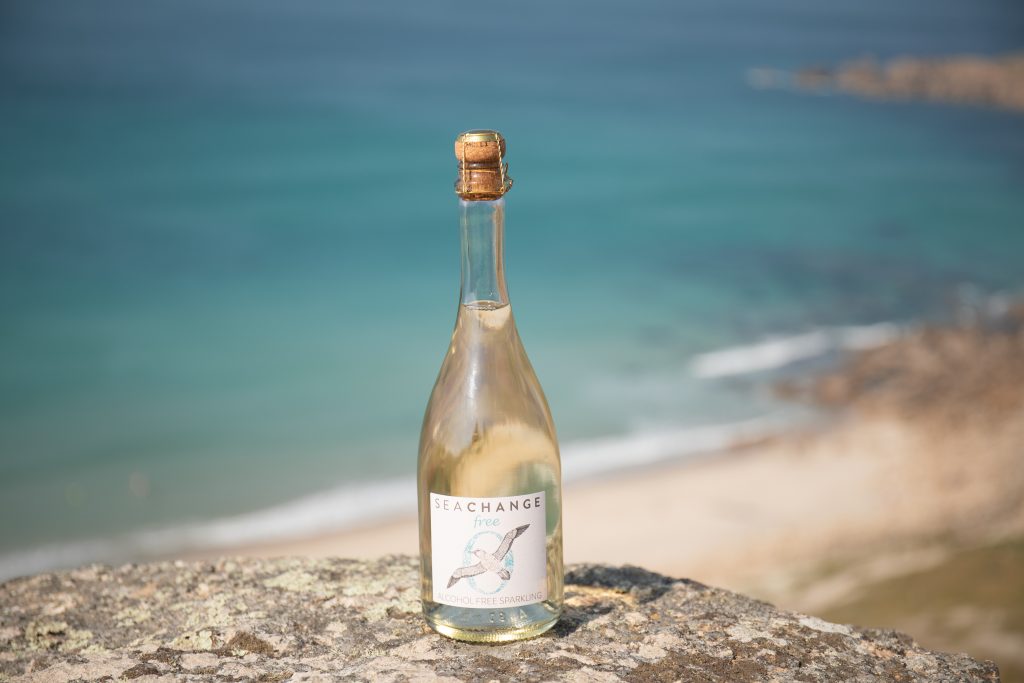Flat-pack furniture specialist Ikea Group admitted today that it has “failed” customers and vowed to implement DNA analysis on minced meat from all suppliers after the chain was found to sell products containing horsemeat and faecal bacteria.
Last month, the retailer suspended sales of its meatballs and sausages after tests unearthed horsemeat contamination while faecal matter was found in its almond cakes in Chinese stores earlier this month, though the group said today that meatballs will return to its UK & Ireland stores from tomorrow.
Following analysis of the production of meatballs, which was undertaken in conjunction with a third party expert and the affected Swedish supplier, Ikea has simplified its supply chain and reduced the number of meat suppliers it works with.
More than halving its number of meat suppliers from 15 to seven, Ikea added that it will now analyse DNA of both the final product and the raw meat material in what it described in a statement as “an extra measure to secure that our meatballs only will contain ingredients listed in the product specification.”
In the longer-term, Ikea hopes to secure full traceability back to the farm for its meat products and is currently working to improve its sourcing and processing of all meat products.
Extended regular third party audits are also being implemented to monitor the practices of suppliers and ensure stricter requirements are met.
Commenting on the retailer‘s role in the scandal, Edward Mohr, Global Ikea Food Manager, said:”The trust of our customers and co-workers is of utmost importance to us.
“In light of the horse meat concerns in the food industry, it is clear that Ikea Group, despite high standards, has failed to live up to our customers‘ expectations.
“We take this very seriously and are now making changes to further strengthening traceability throughout the entire food value chain.”
The horsemeat scandal has continued to rage on after testing from The Food Safety Authority of Ireland in January revealed that frozen beef burgers sold in a number of leading supermarkets contained horse DNA.
In a further escalation of the problem today, Lancashire County Council has told the Food Standards Agency that it has identified 100kg of horse meat imported from Hungary labelled as beef.
.

